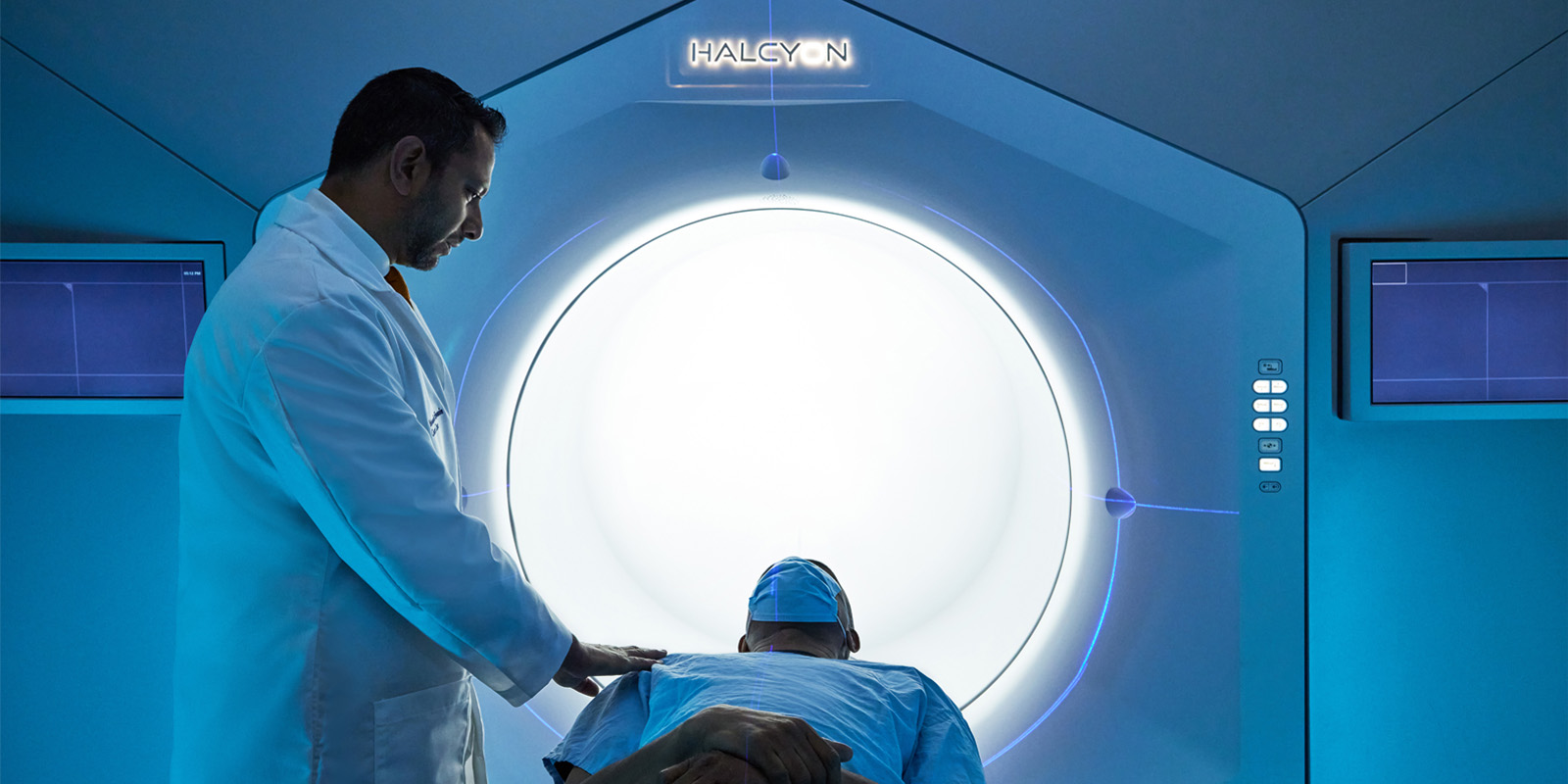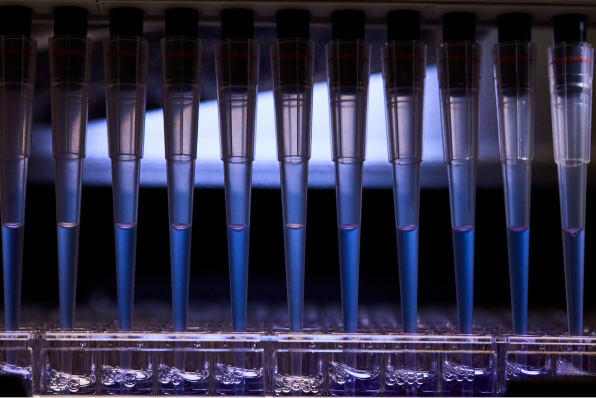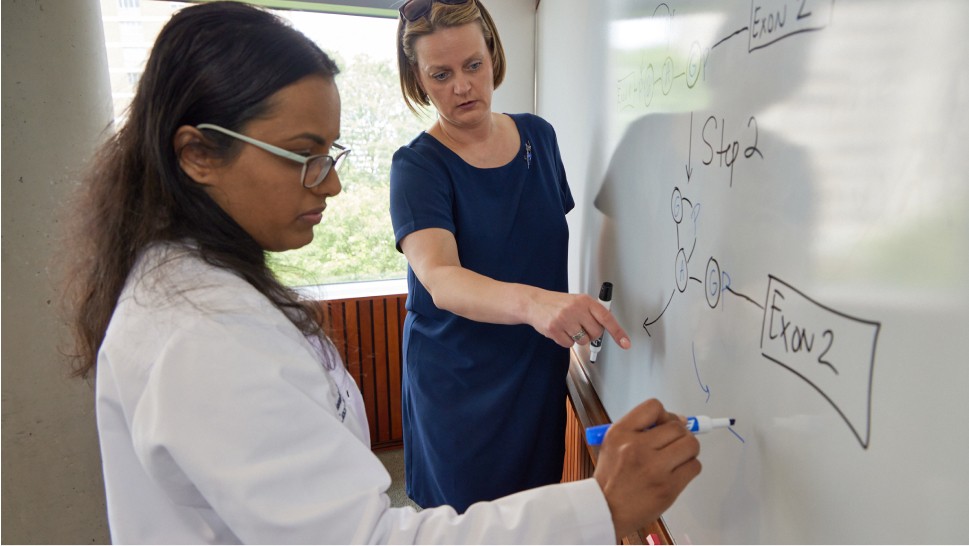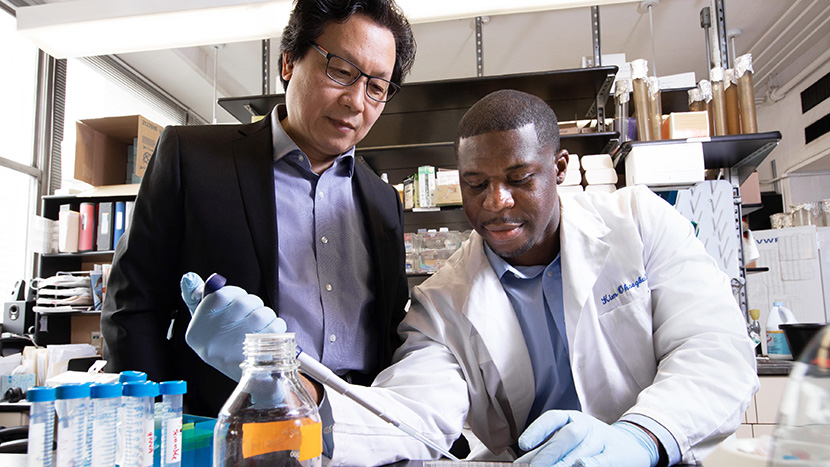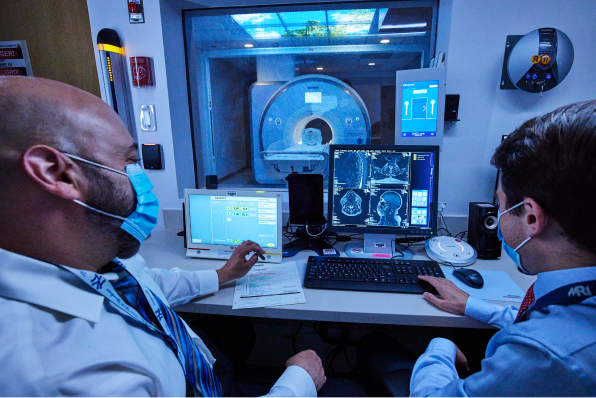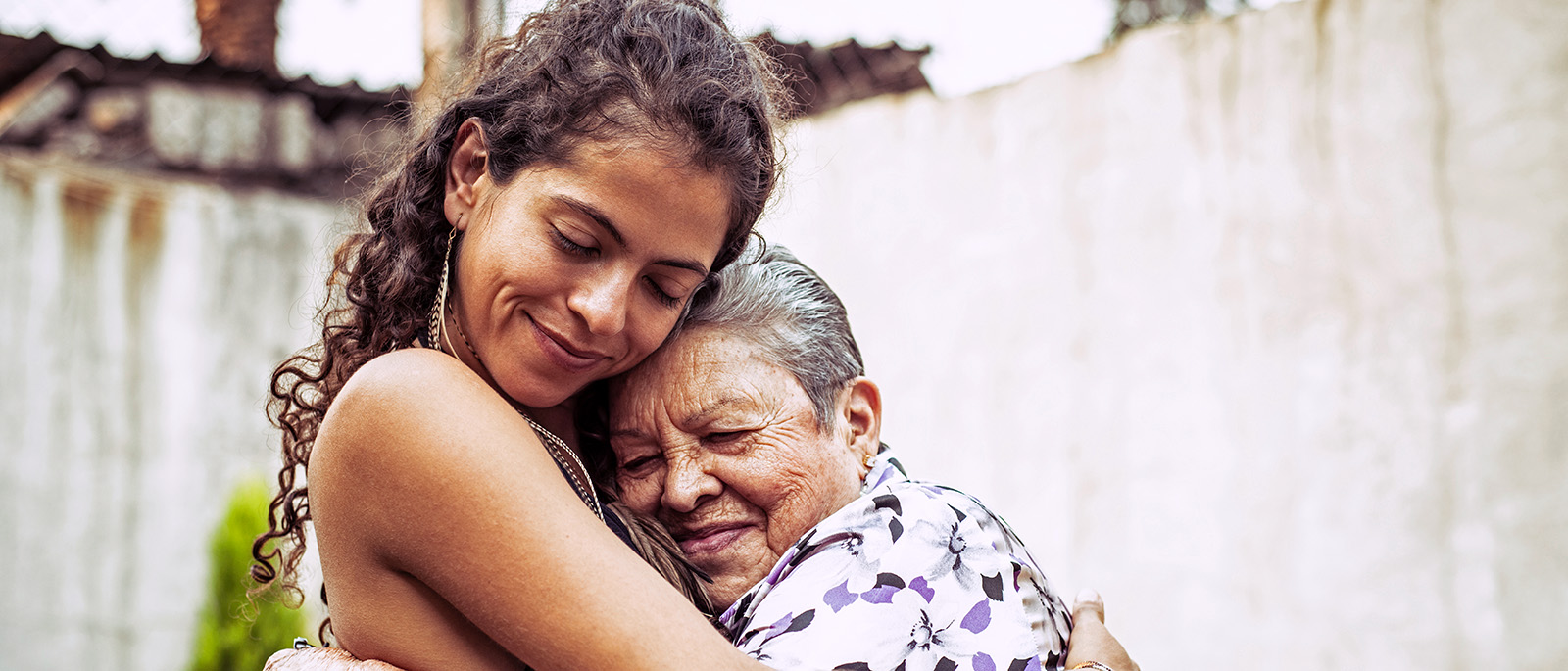Cancer Genetic Testing
There are many ways to fight cancer. Genetic testing is one breakthrough process used to detect cancer early. At Montefiore Einstein Cancer Center, we provide cancer genetic counseling, testing and screening through our offices in the Bronx and Westchester, NY. Our nationally recognized, board-certified genetic professionals and physicians specializing in cancer genetics can help you understand the links between your genetics and your risk of developing cancer.

What Is Genetic Testing?
Most of the time, cancer happens by chance. But some cancers are genetic. They’re known as hereditary cancers which run in families. These cancers are believed to account for about 5% to 10% of all cancer cases.
Genetic testing usually involves a blood test that identifies genetic mutations (changes) passed on from one generation to the next. Research has linked certain mutations to an increased risk of specific types of cancer. Genetic counseling and testing may:
- Allow you to alert family members about potential risks
- Guide recommendations for you regarding cancer screenings and prevention
- Help your doctor decide how to best care for you if you develop cancer
Cancer-Related Genes
Many genes have established ties to cancer. Some of the most well-known cancer-related genes include:
- BRCA1 and BRCA2 have been linked to breast cancer and ovarian cancer.
- MLH1, MSH2, MSH6 and PMS2 have been linked to colon cancer, uterine cancer and ovarian cancer.
When you have a cancer genetic test, providers look to your personal and family history to decide which genes to test.
Should I Consider Genetic Testing?
Genetic specialists look to your personal and family medical history to determine if you should undergo genetic testing.
Ask yourself the following:
- Are there many of my family members who have or had cancer?
- Do I have Ashkenazi Jewish ancestry?
- Has any relative had cancer more than once?
- Have any of my relatives had colon or uterine cancer?
- Have any relatives had a combination of breast and ovarian cancer or pancreatic cancer?
- Have I or any of my relatives had a very rare type of cancer?
- Is there a known genetic mutation in my family?
- Is there cancer in multiple generations of my family?
- Were any of my family members diagnosed with cancer before age 50?
If you answered yes to any of these questions, seeing a genetics provider may be beneficial.
Together, our goal is to help navigate people’s cancer journeys.
Frances Cuomo, MD
Chief, Shoulder Assistant Professor, Orthopedic Surgeryasdasd
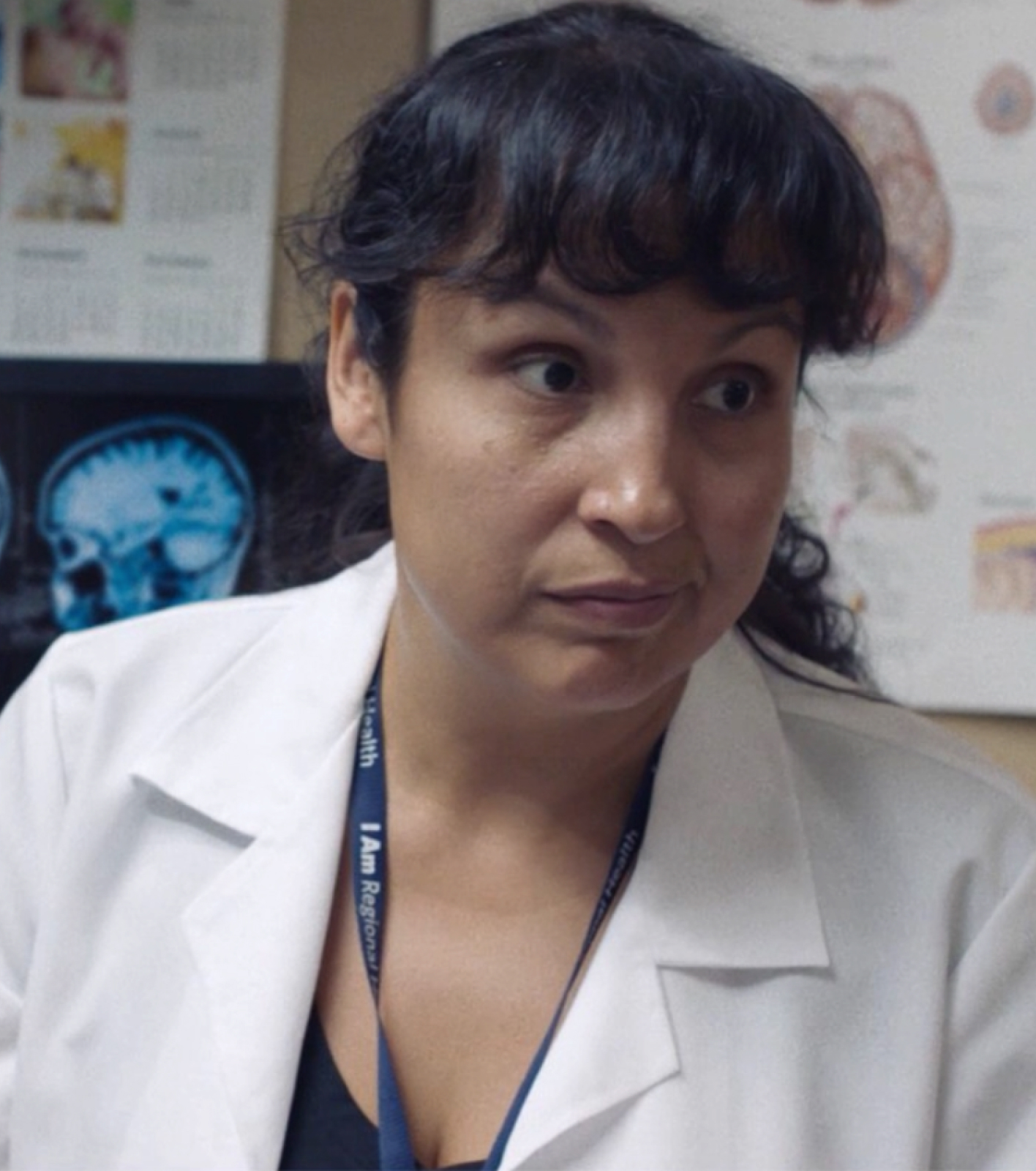
What To Expect With Cancer Genetic Counseling and Testing
Genetic counseling will usually involve one or more sessions with our genetics specialists. It’s important that you know about the medical history of both sides of your family when you arrive at your appointment.
- Your counselor will speak with you about the types of cancer in your family and the ages at which those cancers were diagnosed.
- One of our physicians will meet with you to review your history and talk about testing.
- Decisions about getting testing will be yours alone. However, if you opt to proceed, testing may occur at that appointment.
- Typically, you return for your results. They’ll remain private between you and your doctor. Your providers will make recommendations for you based on this information.
- You’re encouraged to share your results with your family so they can benefit from the information.
Our multidisciplinary approach ensures that each patient’s case is thoroughly reviewed and considered by a team of experts.


